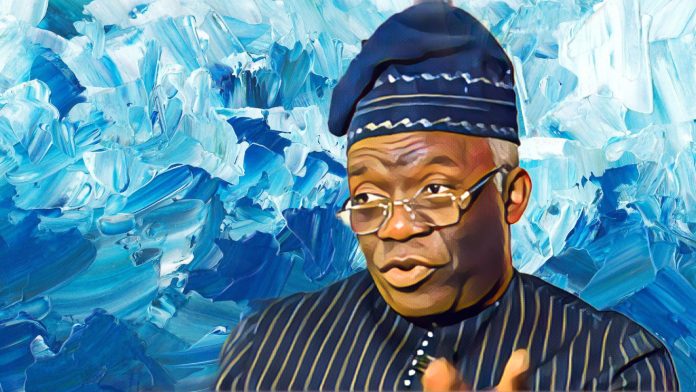Key Points
- Criminal gangs now dominate local political structures.
- Political parties increasingly rely on thugs for power.
- Nigeria’s democracy faces erosion from violent actors.
As thugs and former gang members strengthen their hold on political power throughout Nigeria, a growing wave of criminal activity is endangering the foundation of the country’s democratic institutions.
People who were formerly known for using violence and intimidation are now in positions of authority, controlling elections, and setting policy, from state assemblies to local councils.
In an increasingly troubling trend, political actors are enlisting and enabling former cultists and so-called “area boys” to win elections, stifle criticism, and maintain political control in both urban and rural areas.
Power structures now contain political thugs
According to Dr. Amina Olagunju, a political scientist at the University of Lagos, “what we’re seeing now is a full-blown hijack of political structures by criminal elements.” “They are now a part of the political class and are no longer merely election-related tools.”
Observers cite countless instances in which prominent political parties have backed and elected officials with proven records of gang affiliations, violence, and extortion.
These individuals have been known to use force, vote-buying, or coercion to take over entire wards and polling stations in certain states.
According to a report by Vanguard news, over the past 20 years, thuggery in politics has gradually become more accepted, but recent elections have shown how pervasive the issue has become. Regardless of credentials or criminal histories, political positions are now viewed in some areas as rewards for allegiance to party bosses.
Nigerian democracy is at risk of being taken over by violent actors.
Political thugs’ increasing power, according to analysts, jeopardizes Nigeria’s electoral system’s integrity and has the potential to undo the progress achieved since the country’s return to civilian rule in 1999.
In addition to undermining public confidence, using violence to sway political outcomes deters respectable candidates and civil society involvement.
According to Adewale Bakare, a governance reform activist from Lagos, “young people with ideas and integrity are being sidelined because they won’t play dirty.” “Nigeria’s future is at stake, and politics is turning into a criminal enterprise.”
Security services frequently ignore the problem during election seasons and have done little to stop the trend. Because of political protection, offenders frequently act without consequence.
Recovering politics from criminals becomes the main focus
Now, civil society organizations are demanding a national awakening, a concerted effort to rid Nigeria’s political landscape of criminal influencers and thugs.
Stricter punishments for political violence, disqualification of candidates with criminal histories, and immediate changes to the party primary procedures are among the recommendations.
In an effort to counteract the prevalence of violence in politics, there are also increasing calls for improved voter education and grassroots activism. Chinyere Ogbonna of the Democracy Defence Network stated, “We must cease rewarding violence with political office.” “This is about our survival as a country, not just politics.”
The stakes are higher than ever as Nigeria gets ready for the 2026 off-cycle elections. The warning signs are currently flashing red, but it is still unclear if the nation can escape the hold of political thuggery.



